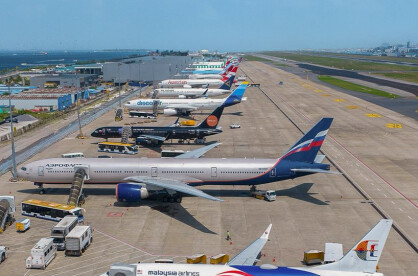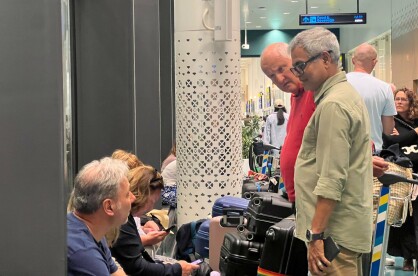India to cut duties on Maldivian fish exports
An agreement was signed between the Maldives and India to cut the duty on fish products that are exported to India.

Source: State shipping
An agreement was signed between the Maldives and India to cut the duty on fish products that are exported to India.

Source: State shipping
The Maldivian fishing industry has been well known for generations as it is one of the main forms of livelihood and is something strongly embedded into the Maldivian culture. It is also one of the biggest industries in the Maldives next to the tourism industry.
While many might think the Maldives fishing industry fares well considering the popularity and large variety of products produced locally and exported internationally, the fisheries sector relies heavily on subsidies.
Given the seasonality, increased costs of production, and the taxes, the fisheries industry is in dire need of concessions on taxation both from home and buyer countries.
“The 24 percent duty on fish exported to Europe leads to several difficulties for both tuna fishing and local companies. 24 percent is not a small amount. The freight and handling fee of the Maldives are high compared to neighbouring countries. Around $2.45 per kg is charged as an airport handling fee. So including freight and handling fees, this totals the cost per kg to $4.75.”
While the largest market the Maldives currently has is Europe, having to pay such high duties on fish export makes it hard to export bigger supplies, increases the cost and reduces the demand it has. With the fisheries industry playing such a big role in the Maldivian economy, the Government has been trying to find ways to negotiate buyer countries to reduce import duties on fish.
One of the biggest steps that was taken to help the fisheries industry and fishermen was in 2020 when Maldives customs announced its decision to cut the import duty charges on goods that are imported for the fisheries industry. Everything ranging from plastic bags, equipment including fish finder and navigator, spool, marine diesel engine and its parts as well as fishing nets and fishing rods. With this barrier taken down, the cost borne by fishermen was considerably reduced.
Europe has a list of demands that need to be met before tariffs can be cut on Maldivian fish exports. While this has made it difficult to pay fair prices to Maldivian fishermen, the Maldivian Government has been carrying out talks with European Union in hopes to get duty-free export to Europe as it is 95 percent of the Maldivian fish export market.
While the Maldivian Government is still working on reducing the costs of exporting to Europe, another milestone was achieved when it comes to helping the fisheries industry as an agreement was signed between the Maldives and India to cut the duty on fish products that are exported to India. This agreement was reached after discussions were held between the Maldivian Government and the South Asian Free Trade Area (SAFTA).
This is a great accomplishment for the Maldives as this will help further create demand for Maldivian fish products in the international market.
In a previous statement, the Fisheries Minister also noted that the Maldives Industrial Fisheries Company (MIFCO) makes a loss on every fish export. However, this new opportunity to export fish to the Indian market with zero duty creates an additional avenue for the Maldivian fishermen and the fishing industry.



